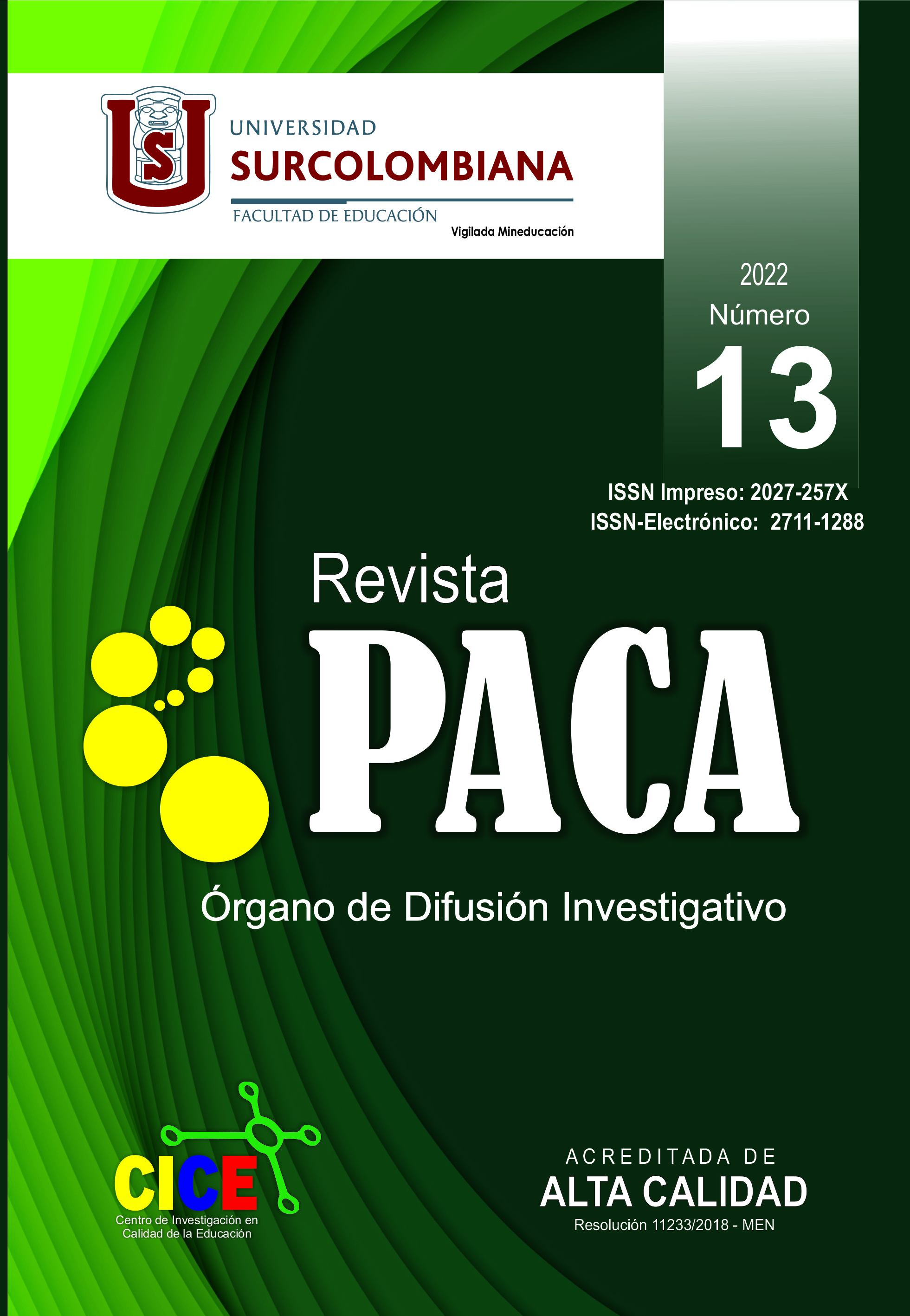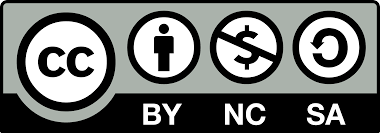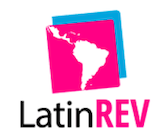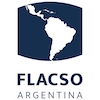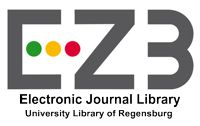Rural contexts: perfect excuse to transform realities through scientific research
##plugins.themes.bootstrap3.article.main##
The present writing is the product of the Problematic of Research in Higher Education seminar under that premise, the fundamental bases to approach research as a transversal axis in the reflection of Colombian educational praxis are consolidated. Additionally, the approach of scientific research in rural contexts is proposed as an investigative opening, a challenge that must be carefully analyzed in the way of including this pillar contemporaneously from the critical social point of view in communities such as those of the coffee growing areas of southern Colombia. It is in this sense that scientific research is perceived as a pedagogical strategy from other paradigms, with the entry of new conceptions of science, allowing the gap between the production of knowledge with the master researcher «which makes it possible through their practice» (Jiménez Mejía, M., 2009, 2011). In addition to this, the possible application of the previous notions in the construction of a singular proposal in a social group where the real importance of providing answers to specific problems, based on the fermentation of coffee, and its economic impact and Social; It is estimated that by consolidating this proposal, it will produce a categorical rupture with the idea of universality and the reductionist sense of science, in the intellectual field of education (Díaz, M., 1995).
Downloads
##plugins.themes.bootstrap3.article.details##
Bernstein, B. (1988). Poder, Educación y Conciencia. Santiago de Chile. CIDE.
Borda, F. (1978). El problema de cómo investigar la realidad para transformarla. Bogotá: Tercer Mundo.
Cajiao Restrepo, F. (2002). Exploración de una cultura de la investigación en la escuela. Colombia, Ciencia y Tecnología. 20(1), pp. 36-40.
Chevallard, Y. (1991). La transposición didáctica. Del saber sabio al saber enseñado, Vol 3. Argentina.
Díaz, M., (1995). Aproximaciones al campo intelectual de la educación. En: Larrosa, J., Díaz, M., Donald, J., Hunter, I., Varela, J., & Walkerdine, V. (1995). Escuela, poder y subjetivación, pp. 259-329. Madrid: La piqueta.
Foucault, M. (1970). El orden del discurso. Barcelona. Pre-textos.
Gramsci , A. (1972). La Formación de los Intelectuales. México. Grijalbo.
Llano Arana, L., Gutiérrez Escobar, M., Stable Rodríguez, A., Núñez Martínez, M., Masó Rivero, R. & Rojas Rivero, B. (2016). La interdisciplinariedad: una necesidad contemporánea para favorecer el proceso de enseñanza aprendizaje. Medisur, 14(3), pp. 320-327.
Mejía J. M. R. (2009). El maestro investigador: Reconstructor de sentido profesional e identidad. Revista Paideia Surcolombiana, (15), pp. 47-62.
Mejía J. M. R. (2020). Educación (es), escuela (s) y pedagogía (s) en la cuarta revolución industrial desde Nuestra América, Tomo III. Bogotá-Colombia. Ediciones desde abajo. 340 páginas.
Mejía J. M. R.., & Manjarrés, M. E. (2011). La investigación como estrategia pedagógica. Una apuesta por construir pedagogías críticas en el siglo XXI. Praxis & Saber, 2(4), pp. 127-177.
Mora, A. M., Morales, A. & Valderrama, Y.A. (2019). Aprendizaje sobre el Aislamiento e Identificación de Metabólicos Secundarios del Helecho Eupodium pittieri a través del Modelo Investigativo en estudiantes de la Licenciatura en Ciencias Naturales y Educación Ambiental de la Universidad Surcolombiana. [tesis de pregrado]. Universidad Surcolombiana, Neiva.
Mora, C., A. F. (2016). La Seudorrevolución Educativa. Desigualdades, capitalismo y control en la educación en Colombia. Editorial Pontificia Universidad Javeriana, 173 páginas. Visión electrónica, 11(1), 2h-2h.
Morin, E. (2004). La epistemología de la complejidad.
Orellana, R. C. (2004). Foucault y el saber educativo: primera parte: herramientas para una teoría crítica sobre la educación. Diálogos educativos, (8), 3.
Ossa Montoya, A. F. (2015). Lo pedagógico y el maestro investigador. Revista Virtual Universidad Católica del Norte.
Stenhouse, L. (1981). ¿Qué cuenta como investigación?. Revista británica de estudios educativos, 29(2), pp. 103–114. doi:10.1080/00071005.1981.9973589
Stenhouse, L. (1998). La investigación como base de la enseñanza. Ediciones Morata.
Zimmerman, C. E. (1962). El auge de la "intelligentsia": un estudio del nuevo liderazgo social. Revista de estudios políticos, 124, pp. 27-46.


